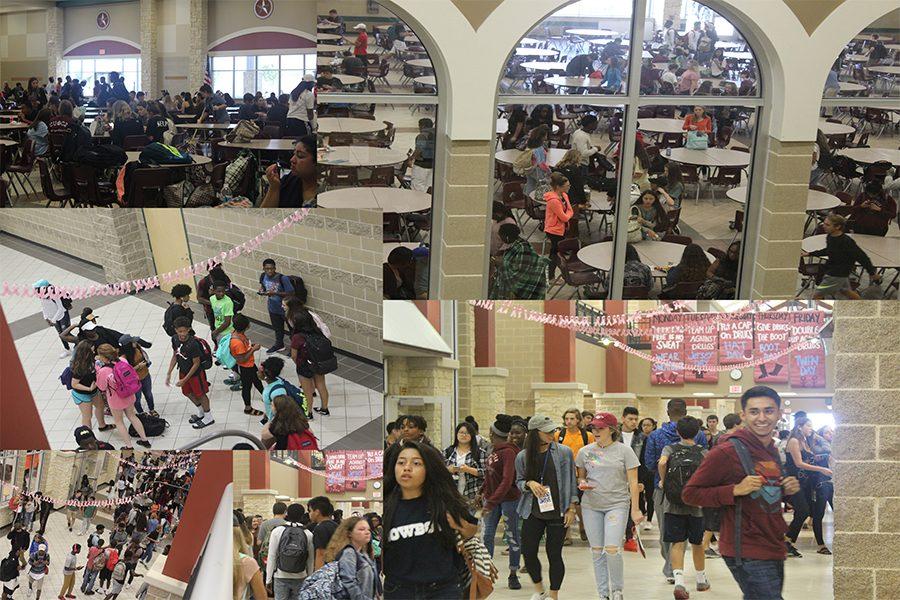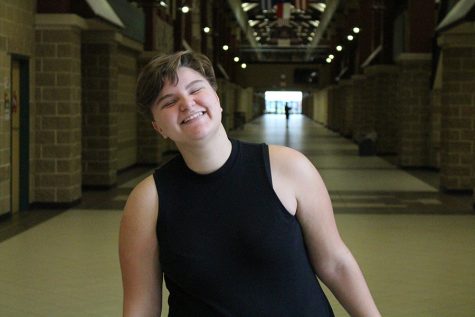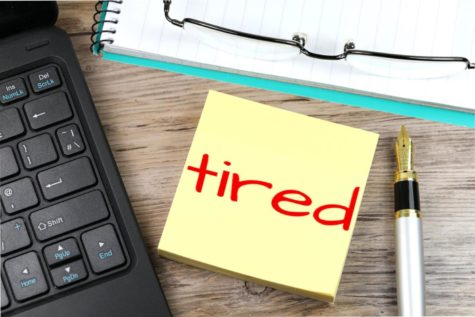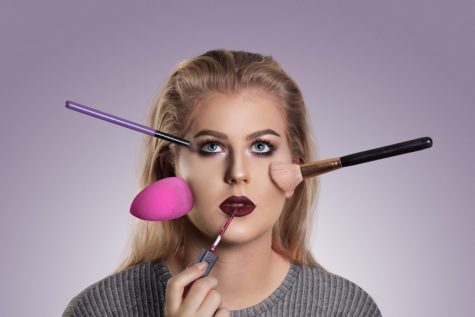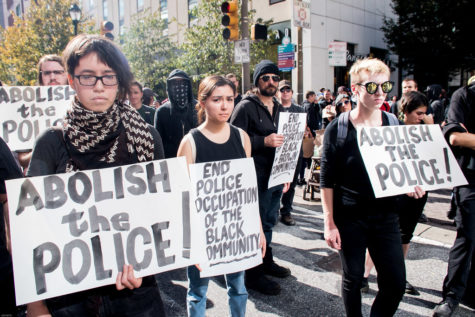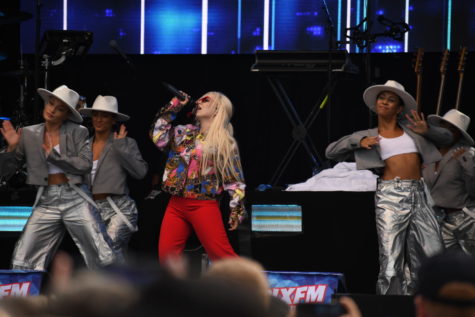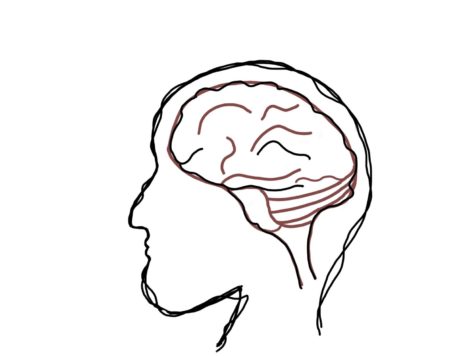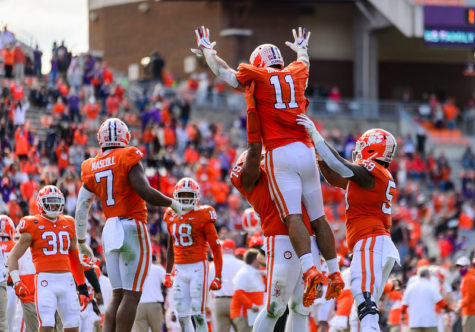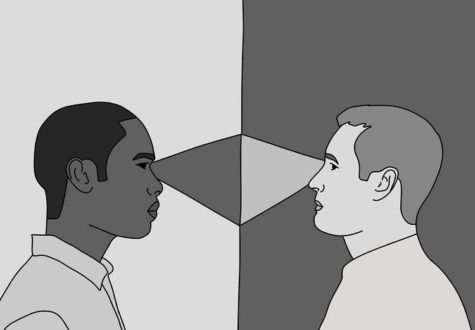Why Positive Minority Representation is Important
The world is a lot more diverse than the media makes it out to be.
October 27, 2016
Imagine when you were only a child. Most children watched TV, or read picture books in their free time, and you were no different. You turned on TV and it came to life with shows from Disney, Cartoon Network, Nickelodeon. And the TV was filled with pale faces. You never thought much about it, if you’re white. They looked like you; what was there to think about? But if you were a young child of color, there may have been a slight uncomfortable feeling, something in your gut that told you, “This isn’t right.” Young children of color may have felt that they didn’t belong within their peers, because they didn’t have the widely desired fair skin, straight hair, roman nose.
Now imagine again when you were a child. In movies, it’s often shown that the handsome man gets the beautiful woman (both of them often pale skinned). But what about kids that didn’t feel like that resonated with them? The children that suddenly felt alienated because, maybe, they were a boy that didn’t want to get the girl, or they were a girl that did want to get the girl, or they were a boy that wanted to be the beautiful woman. Queer children too often feel as though they are “wrong” in some ways because they don’t fall into the normalized segment of “straight,” or “cisgender.”
Why is this important? Why should society and media positively appeal to minority groups?
Lets think of a more specific situation. Imagine you’re a young Native American girl. Imagine you’re being watched over by a white babysitter, who decides to put on an “old western” movie. Imagine how you feel, when you see the heroic white cowboys shooting, killing, the barbaric Indians. Imagine how you feel when all you see in these movies are people who look and talk just like you, being shot and killed and portrayed so disgustingly. Because they look like you. Because they’re not the ideal. If you weren’t a white cowboy or damsel in distress, you were simply another prop to kill.
Some would call this “representation.” Some would say this is enough. But it’s not. Movies, TV shows, books, media like this example aren’t representing anybody. They’re doing what’s called “demonizing.” Taking people who are darker, or identify differently from “the norm,” and making them seem inhuman.
So why should people care about this? It’s just fiction, right? Though that is true, many studies have shown that fiction can greatly influence reality; if someone is alienated in a TV show for being queer, or colored, mentally disabled, or for any reason, this can affect how the viewer’s watching the show see their peers; especially when it comes to children, who are still developing what is right and wrong behaviors.
What can be done is pushing positive representation. Instead of allowing ourselves to become use to the crude and prejudiced remarks of modern day media, we can start supporting the media that cares about other people. The media that wants to be representative, the media that wants to appeal to others of different ethnicities, races, and preferences. Doing this will show other creators what people really want to see; characters that actually, positively, represent the people they look and act like.



